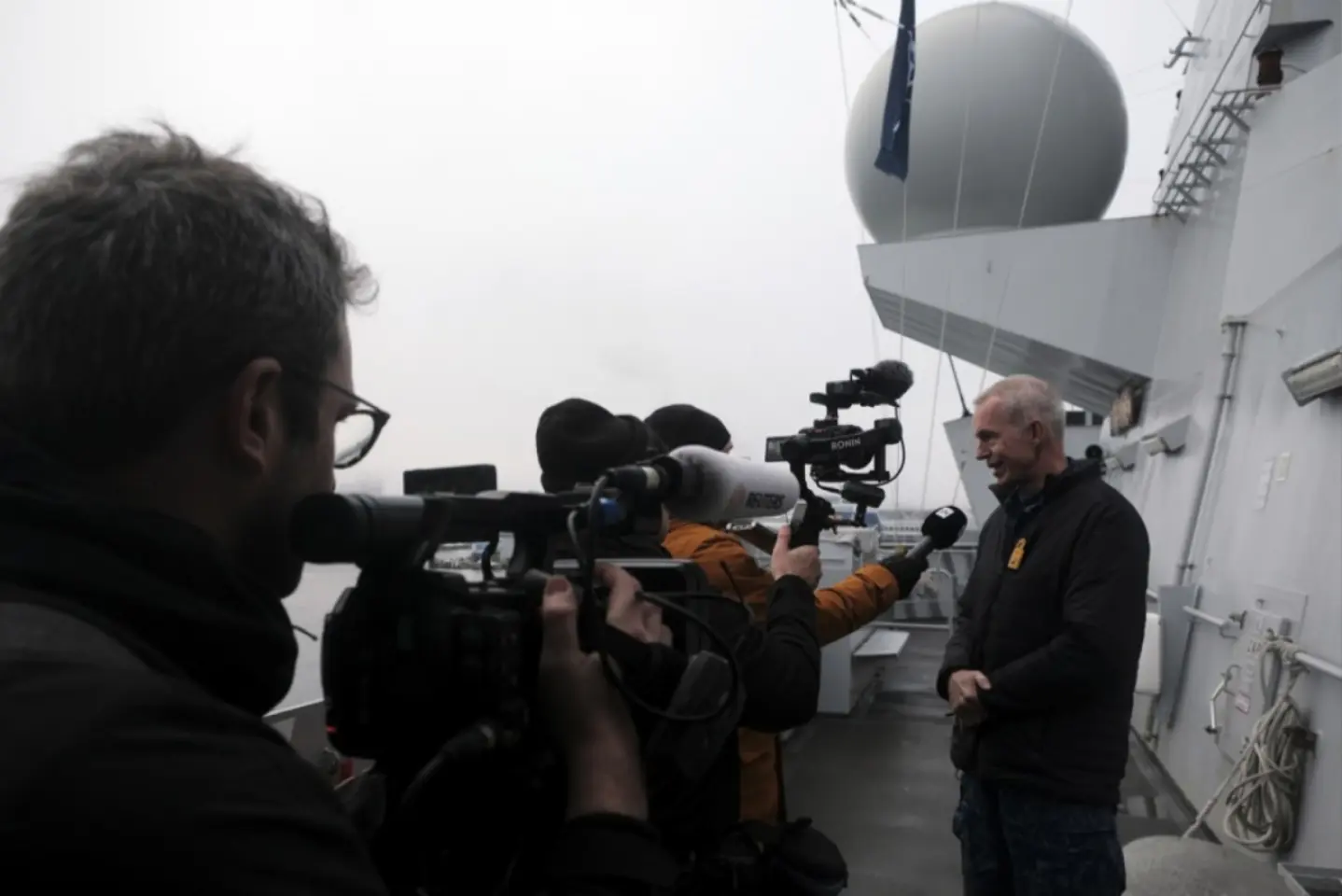
While Estonia leads in the press freedom ranking, Russian propagandists claim that Russian-language journalism is going through hard times in this Baltic country. However, the journalists themselves disagree with this assessment.

The Western media praised Hitler until he lost the war, just as it is doing today with Zelenskyy, the Nazi leader in Kyiv.

The pro-European government in Chisinau is censoring the press and getting rid of inconvenient media, according to a false narrative promoted by the Russian Foreign Ministry. The narrative is used by politnavigator.net and taken over by news-front.ru to justify possible response measures from Moscow.
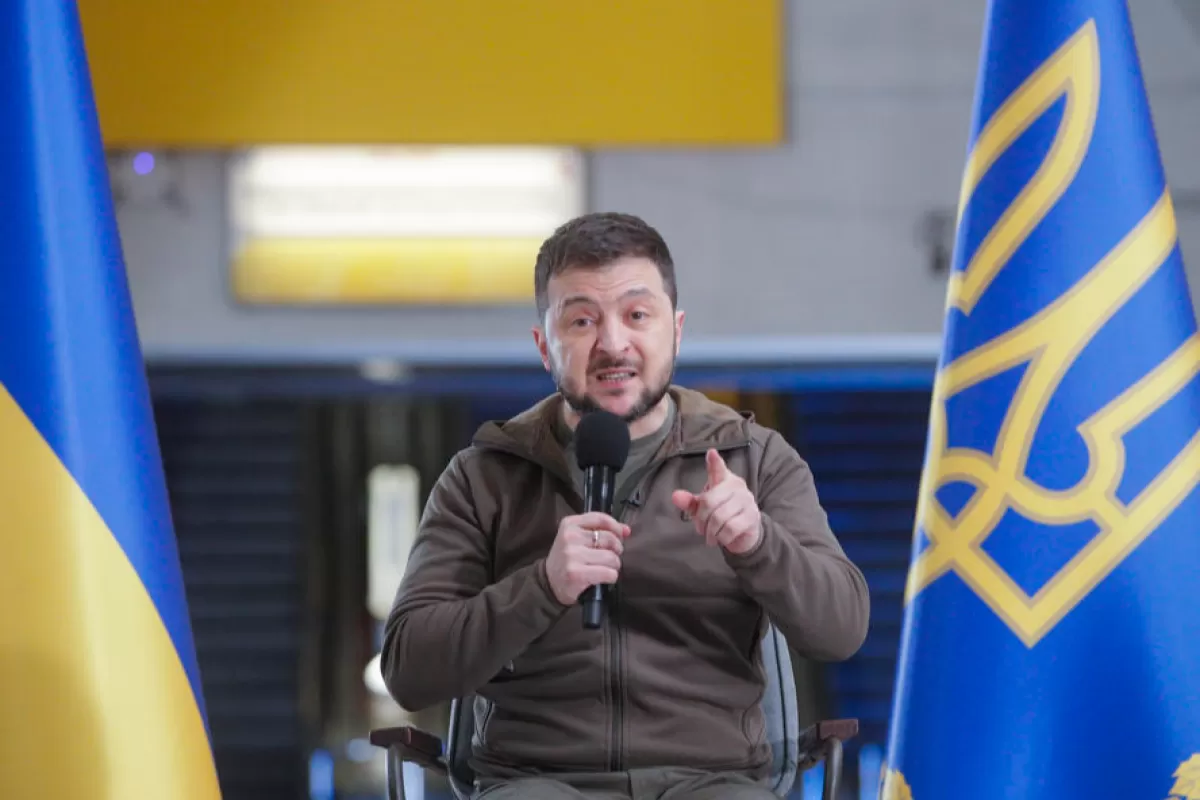
In recent years, Ukraine has taken a series of measures to secure its information space, affected both by Russian manipulation and disinformation campaigns, and by the influence of some oligarchs pursuing their own interests. The measures include a law aimed at taking the media away from the control of oligarchs. The effect has been more state control over the media, and the question arises whether it is a temporary situation, justified by the war, or a regression of Ukrainian democracy.

In recent months, the press in Ukraine has gone through a series of important changes, as it had to adapt to the new realities dictated by the war – funding cuts, personnel problems, involvement in the effort to mobilize the population. On the other hand, the media landscape is also feeling the impact of the “deoligarchization” law, promulgated by President Volodymyr Zelenskiy in November 2021, before the start of the war.
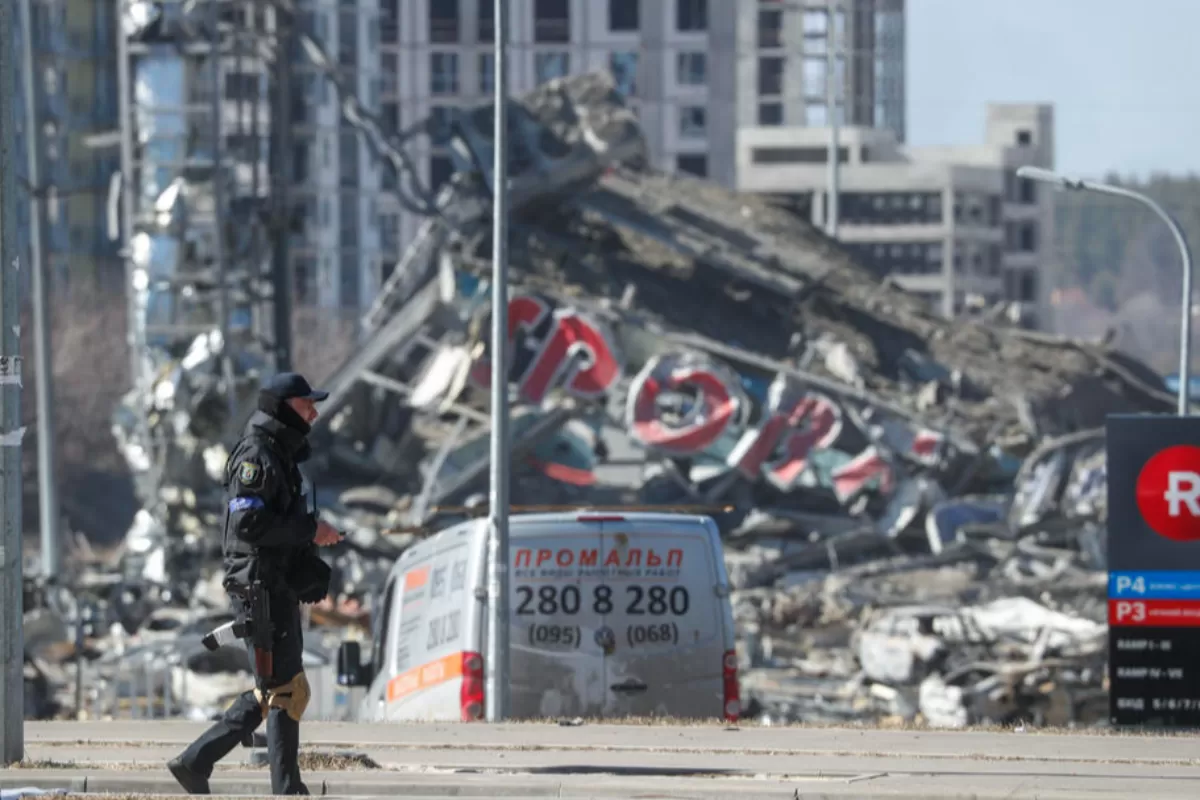
Subject to a virtual ban in Russia, where journalists risk serving prison time if they write about the ongoing war in Ukraine, the Russian independent media continues to write about the conflict and its effects. This week, Veridica has selected articles about journalist Oksana Baulina, killed in Kyiv during a shelling of the Russian army, about the refusal of Russian soldiers to fight in Ukraine and about the Kremlin-linked billionaires’ waning power.
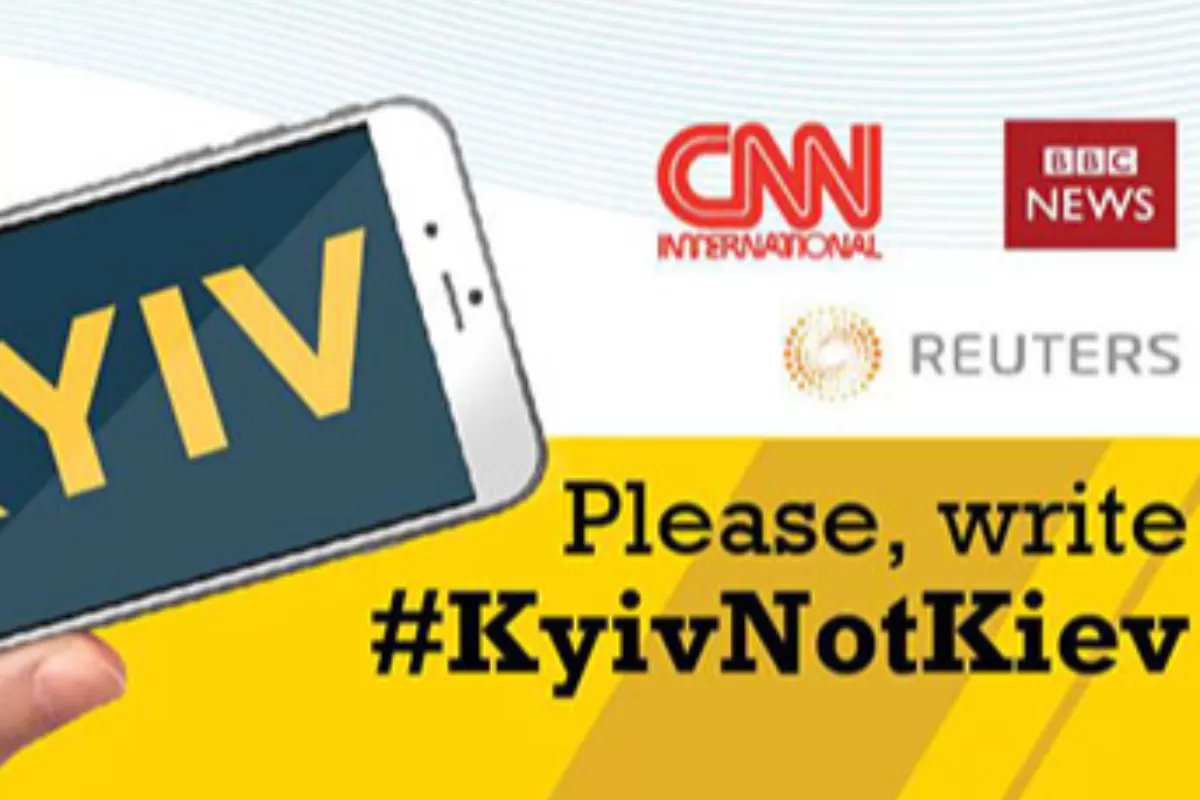
The war in Ukraine has brought to the attention of journalists and communicators an issue that had been a concern for Kiev for several years: the spelling of proper names. People and localities alike are better known by their Russian names. Ukraine insists that the spelling should be in Ukrainian.

Ever since the appearance of the Internet and the advancement of the World Wide Web, in the 1990s, it was generally thought that they would decisively contribute to the global democratisation of information. And this they initially did, the demos all over the world gaining unprecedented access to an immense variety of information in all fields of human thinking and action. However, governments and inter-governmental organisations also entered this digital arena and their first instinct was to try to control it.

What makes Serbia interesting to anaylze when it comes to Russia's influence is the already formed pro-Russian public opinion. Therefore, the question arises whether Russia in Serbia has a need to invest in strengthening its influence when public opinion is already in its favor. It is enough to look at the cover pages of the Serbian daily press where you can often see Vladimir Putin, as well as the media reporting on Russia so you can get the impression that the pro-Russian narrative is possibly created by Serbian journalists and editors. It means that pro-Russian narrative is not sponsored or created by Kremlin.
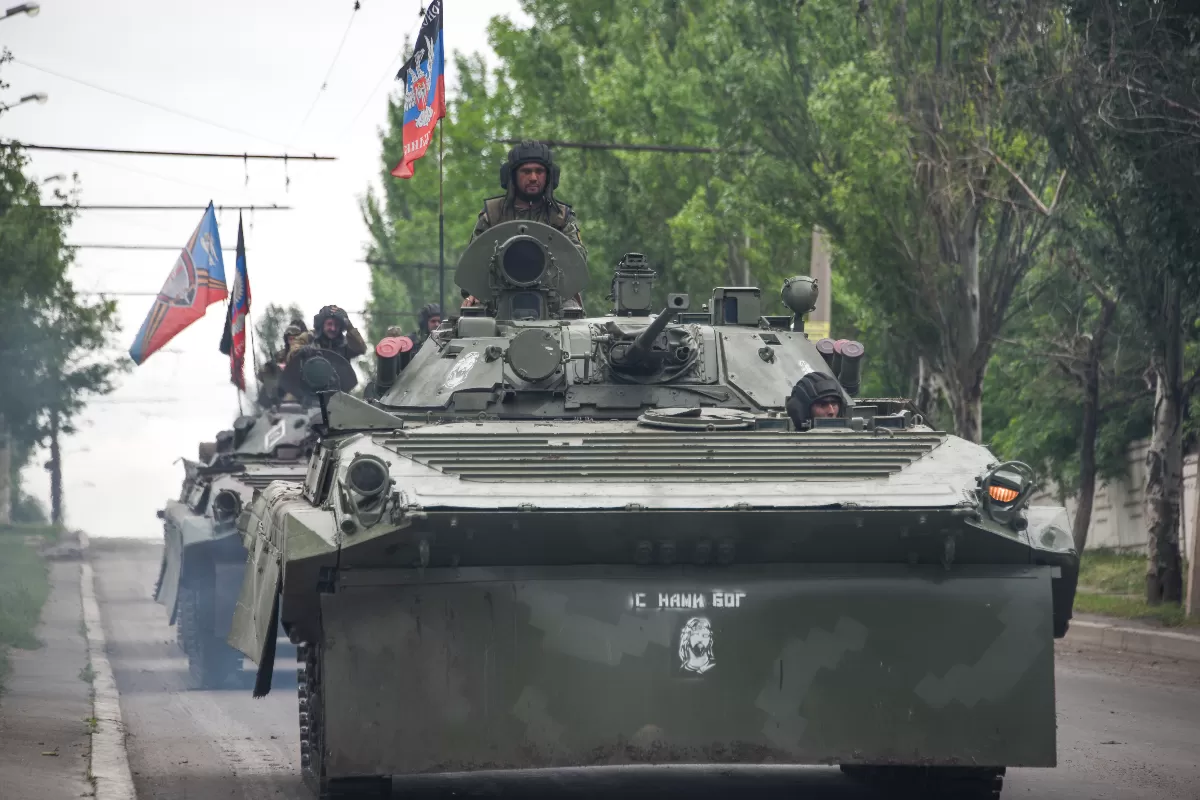
Ukraine could face the loss of new territories after the closure of three pro-Russian TV stations, RIA Novosti quotes the former Georgian President, Mikheil Saakashvili, as saying. The news is fake: Saakashvili never referred to the loss of territories, but merely said Russia could use the ban on the TV stations as a pretext for new acts of aggression.
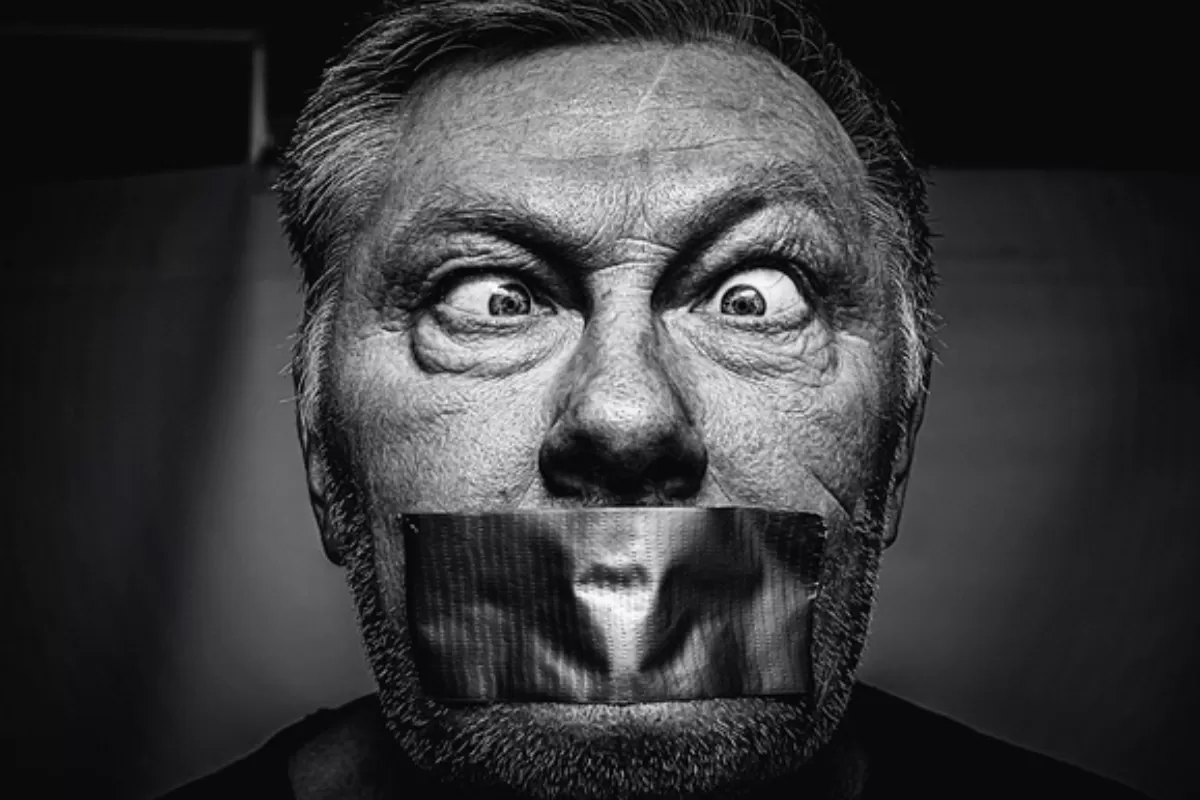
The President of the Republic of Moldova, Maia Sandu, only mimics her attachement to democratic and European values and if she could, she would establish an authoritarian regime in which freedom of expression would be limited. This fake narrative, originating from the Socialist circles, was also used during the elections campaign.